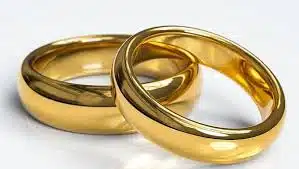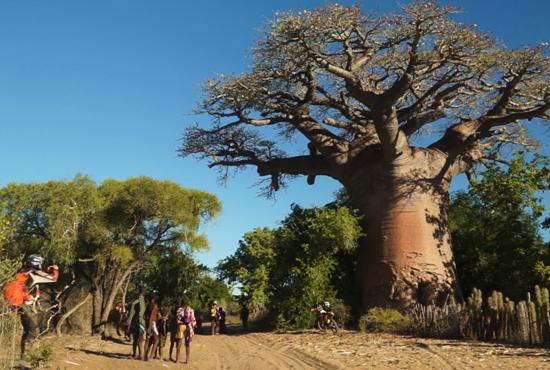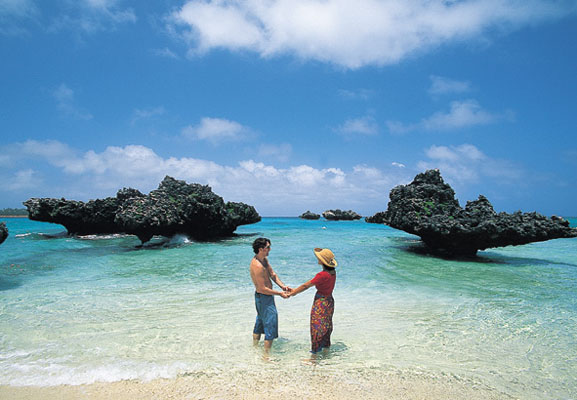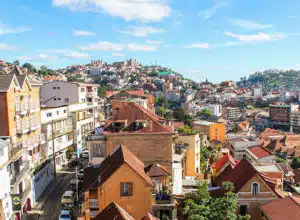Getting Married in Madagascar
Getting married in Madagascar is a significant event for families, with various customs among different ethnic groups.
There are generally three main aspects:
-
Madagascan Traditional Wedding: A Fascinating Culture
Traditional marriage holds great importance for the Malagasy people, with procedures that differ from those in Europe. To complete the marriage, both civil and religious ceremonies are required. Exploring this culture can provide a deep understanding of Malagasy family dynamics.
Originally known as “Vodiondry,” the traditional marriage involves presenting a sheep’s rump as a symbol of respect to the elders. Proposing marriage is not just to the desired girl but also to her family. Meeting a woman without presenting the Vodiondry is frowned upon in society. Making a proposal is a sign of respect towards both families.
The Marriage Proposal
Prior to the Vodiondry, there are two steps to follow: the “fiantranoana” (entering the house) and the “fisehoana” (introduction). These steps involve seeking permission from the girl’s family and arranging a meeting between both families. The date for the continuation of the tradition is set, traditionally guided by an astrologer.
The Process of a Traditional Wedding in Madagascar
Once all proposals are made, the wedding ceremony begins with the “Kabary.”
This involves a series of speeches lasting several hours, with representatives from both families engaging in a structured debate. The speakers highlight the qualities and values of their respective families. The uniqueness of the “kabary am-panamabadiana” lies in listing the ancestors’ names to ensure no familial ties exist and to understand the families’ histories.
During this debate, a monetary gift is given to the bride’s family. At least three envelopes are presented to different family members as a gesture of appreciation. This tradition is not about selling the child but compensating for her absence due to household duties. The ceremony concludes with a celebratory meal.
After the wedding, the couple is considered married in society’s eyes, and the bride may return to her in-laws. In some cases, if the families cannot agree, the wedding may be canceled or postponed, bringing shame to the groom’s family. Each ethnic group adds its unique touch to the wedding traditions.
-
2 Civil Marriage
In most African societies, marriage is not defined by a single event but involves formal and informal steps recognized by the community. Civil marriage, similar to European customs, is legally recognized.
-
3 Church Marriage
Church weddings vary among different Christian denominations and non-Christian beliefs.
-
Marriage between European Men and Local Women
Mixed marriages are popular in Madagascar, with local women often seeking stability in relationships with European men. These marriages, based on mutual respect and understanding, are usually long-lasting. The reverse, European women marrying local men, is rare.







